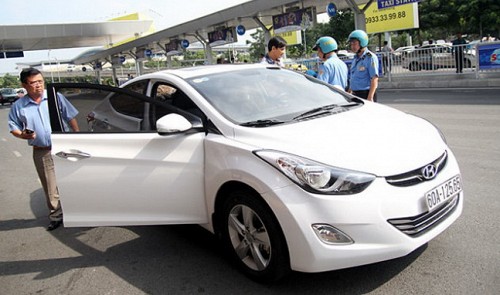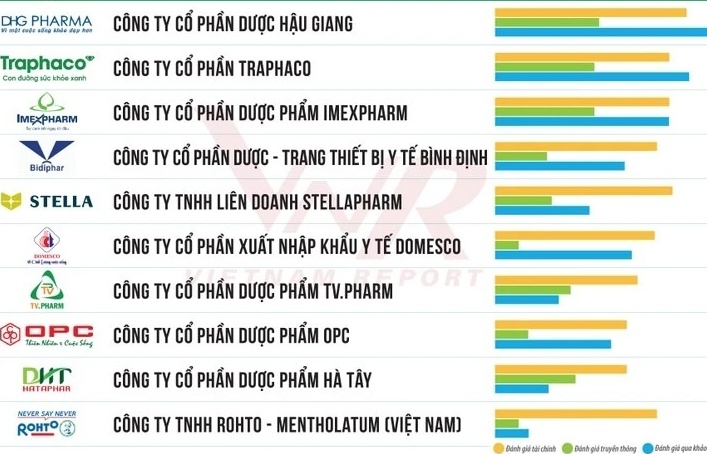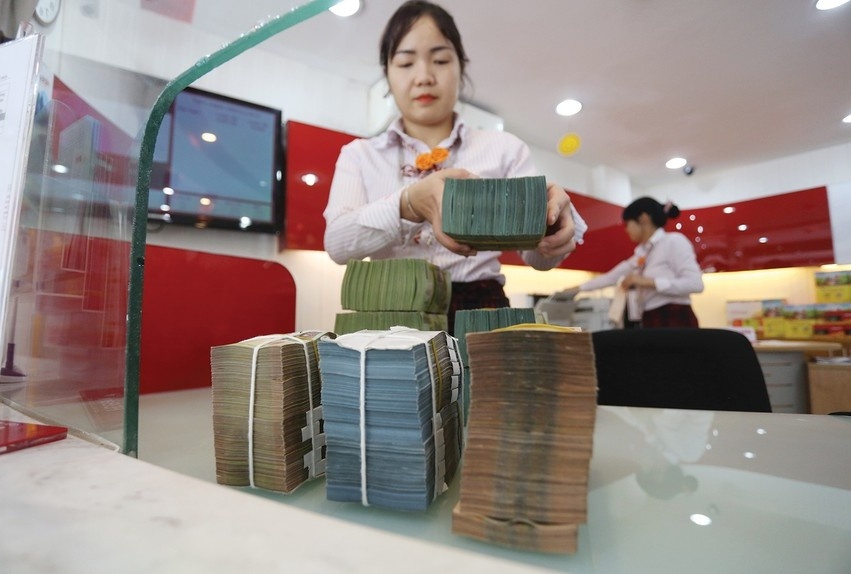Vietnam to slap two taxes on Uber: official

The move is to ensure the rights of interests of all parties involved in the operations of the ridesharing app: the government, Uber and passengers, the official, who wished not to be named, told Tuoi Tre(Youth) newspaper.
Uber will be requested to pay a three percent value-added tax and a two percent corporate income tax, the same rates levied on transport businesses, according to the official.
San Francisco-based Uber obtained the license for its Vietnamese business, Uber Vietnam Co. Ltd., on October 14 but the company is merely in charge of support activities such as marketing, market expansion, or training.
Other important tasks, including signing contracts with drivers, charging passengers and repaying local transport firms, are done by Uber International Holding B.V., located in the Netherlands.
The Amsterdam-based company is thus to be held responsible for the tax liabilities in Vietnam rather than Uber Vietnam Co. Ltd., Nguyen Quang Tien, deputy head of a standing committee on tax reform under the General Department of Taxation, told the Vietnam News Agencyon Thursday.
Tien said local tax officials last week worked with Uber International Holding B.V. to determine the earnings the ridesharing app generates in Vietnam.
Uber currently has three sources of incomes, including the Uber account registration fee (VND5,000) for passengers, ride cancelation charges, and fares paid by passengers via Visa Card, MasterCard and AMEX, Tien elaborated.
Under the contract it closes with drivers, Uber will grab 20 percent of the fares while the transport firms will take the remaining 80 percent.
“Uber has said the VND5,000 account registration fee is in fact for verifying if the passengers’ credit card is valid, and will be refunded once the verification is completed,” Tien told the news agency.
“Uber suggested the fee should not be counted as Uber International Holding B.V.'s income in Vietnam.”
As for the fares paid by passengers, the Vietnamese transport companies are responsible for declaring and clearing them with the local taxman, according to their contracts with Uber.
“This means although the Vietnamese firms will receive 80 percent of the fares, they are responsible to pay taxes on behalf of Uber,” he said.
“Meanwhile, Uber will be able to retain the entire 20 percent of their share.”
Tien asserted to the Vietnam News Agency that it is totally possible to oversee Uber’s tax activities as their data is stored simultaneously in overseas and Vietnam-based servers.
Uber, which connects passengers and drivers via a smartphone app, has grabbed national headlines as it has won over many passengers for its fast and cheap rides, all while facing legal challenges in Vietnam.
It started offering services in the Southeast Asian country on July 31, with car rides now available in both Hanoi and Ho Chi Minh City.
Uber customers use the app to request rides and track their reserved vehicle's location, with information including the fare and estimated arrival time made known before they get in the car.
The complete fare is automatically billed to the customer's credit card at the end of a ride.
Uber is a controversial service in many of the 250 cities worldwide the company has a presence in, mostly because it can offer lower fees due to the absence of regulations.
What the stars mean:
★ Poor ★ ★ Promising ★★★ Good ★★★★ Very good ★★★★★ Exceptional
Themes: Ride-hailing services
Latest News
More News
- How Masan employs dealmaking to build its consumer-retail platform (November 25, 2024 | 16:00)
- Kim Oanh Group: reaching out internationally (November 25, 2024 | 15:35)
- Takeda’s partnerships to deliver innovative medicine and vaccines (November 25, 2024 | 14:00)
- New SABECO R&D brewery to foster employee creativity (November 25, 2024 | 13:00)
- Operators embark on 5G services (November 25, 2024 | 12:00)
- Automating ports with 5G (November 25, 2024 | 10:41)
- Transforming accountancy with sustainability and ESG leadership (November 23, 2024 | 09:00)
- Vietnamese agricultural goods make Chinese e-commerce debut (November 22, 2024 | 20:04)
- Vietnam National Assembly adopts amended Law on Pharmacy (November 22, 2024 | 19:09)
- Power of partnerships: 30 years of Bayer in Vietnam (November 22, 2024 | 15:34)




















 Mobile Version
Mobile Version